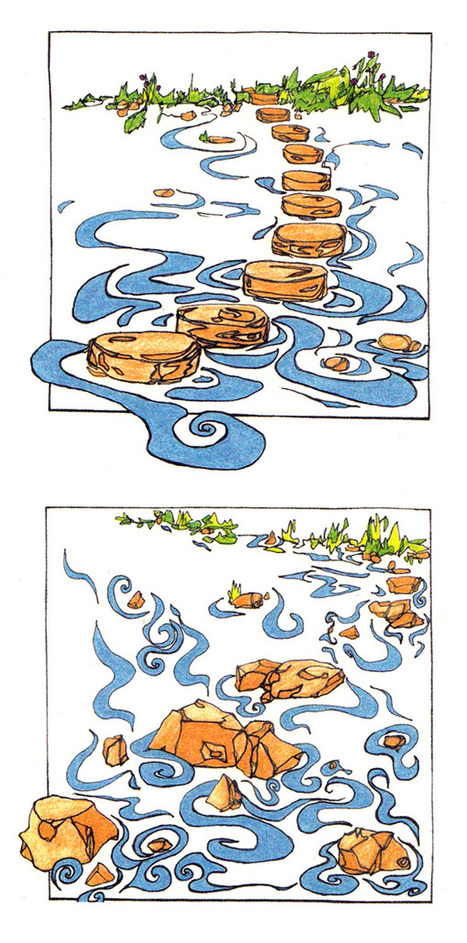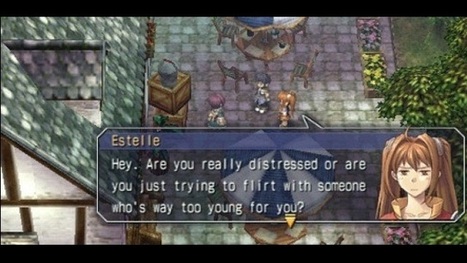Get Started for FREE
Sign up with Facebook Sign up with X
I don't have a Facebook or a X account
 Your new post is loading... Your new post is loading...
 Your new post is loading... Your new post is loading...

David Collet's curator insight,
September 1, 2015 1:02 AM
I am really enthusiastic about alternative career paths. This looks like it may assist someone trying to find a different way to 'test the waters' of publishing to an alternative stream. 
Jenny Wakefield's curator insight,
September 14, 2015 9:33 AM
I like this idea for creating interactive stories: Twine. The tool is available at http://twinery.org |

Dr. Pamela Rutledge's curator insight,
February 10, 2015 11:50 AM
One of the exciting gifts of the rising popularity of gaming and, by extension, game design is the increased visibility and appreciation of relationships among user experience, psychology and narrative. This creates a broader understanding of the need for psych theories, like Flow, in thinking about and designing media and technology (#mediapsych). As this excellent article illustrates, Flow, like narrative, is based on the fundamental push/pull of energy in every experience, the inherent conflict that moves life forward. Flow is a masterful model of how this balance translates into psychological engagement. |





















Elizabeth Segran: "Game developers have always been interested in how players might react to the characters and plots they created—but what if they could tell exactly how the player was feeling and tailor the game to their mood?"
Elizabeth Segran: "Game developers have always been interested in how players might react to the characters and plots they created—but what if they could tell exactly how the player was feeling and tailor the game to their mood?"